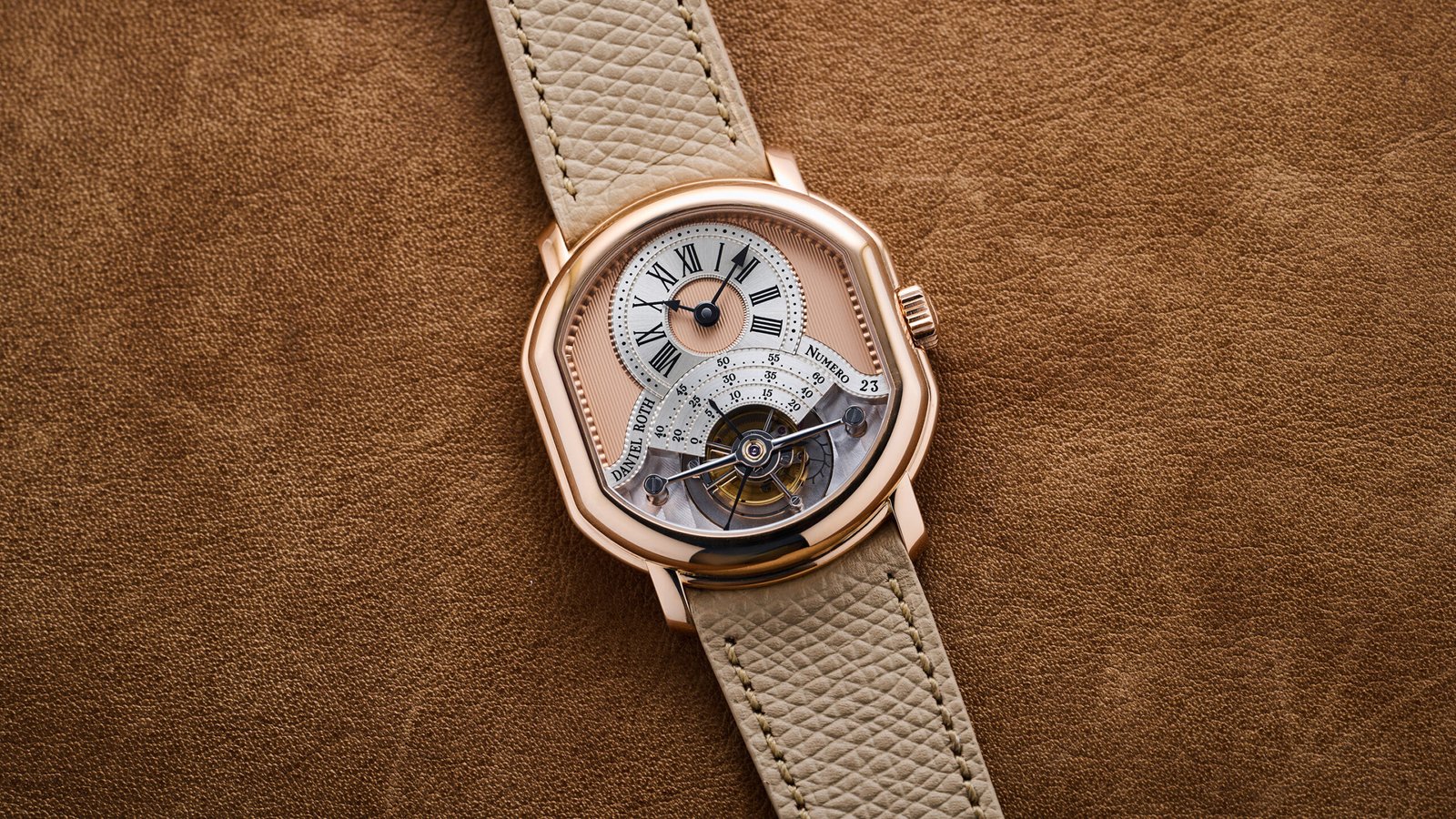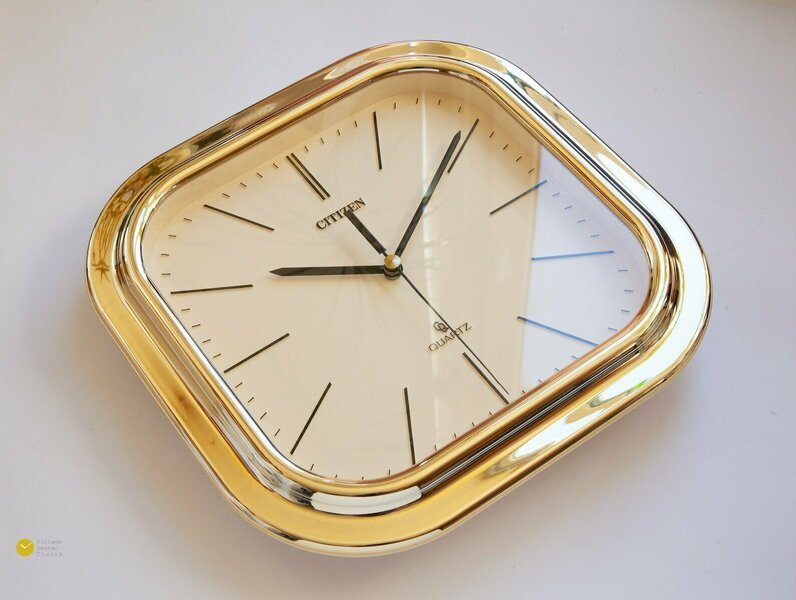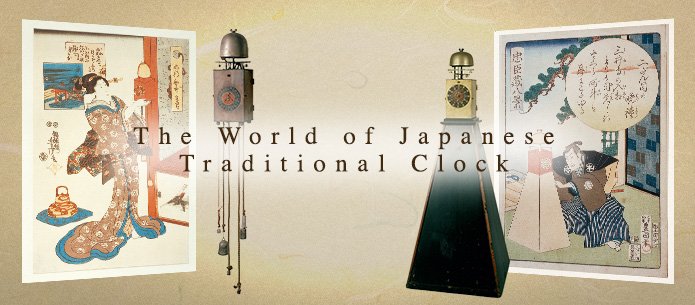Japanese clocks, known for their intricate craftsmanship and minimalist designs, have become popular additions to modern homes. But beyond their aesthetic appeal, these timepieces can also play a crucial role in Feng Shui. Feng Shui, the ancient Chinese practice of harmonizing energy in a space, considers every object’s placement important, including clocks. In this article, we explore how Japanese clocks can contribute to a balanced and positive environment through Feng Shui principles.

The Importance of Clocks in Feng Shui
In Feng Shui, clocks are more than just tools for tracking time—they represent movement and the flow of energy (Qi). Properly placed clocks help create a sense of order, rhythm, and balance in a home or office. However, clocks also symbolize time passing, making their placement critical to avoid stagnation or unbalanced energy.
Japanese Clocks and Their Feng Shui Benefits
Minimalist Designs and Clarity
Japanese clocks, particularly the minimalist styles, align perfectly with the Feng Shui principle of simplicity and clarity. Uncluttered designs promote a sense of peace and allow positive energy to flow more freely throughout the space. Choosing a simple clock without unnecessary embellishments can help maintain an atmosphere of calm.
Natural Materials for Positive Energy
Japanese clocks are often made from natural materials like wood, bamboo, or ceramics. In Feng Shui, natural elements are believed to attract positive energy and foster a connection with nature. Wooden clocks, for example, represent the wood element in Feng Shui, symbolizing growth, vitality, and creativity. This makes them ideal for spaces where you want to cultivate a peaceful yet vibrant energy.
Best Placement for Japanese Clocks in Feng Shui
Living Room
In the living room, a clock can help encourage movement and social activity. The key is to place the clock where it is visible but not too dominant, as overly large or loud clocks may disrupt the balance of energy. A Japanese wall clock with a minimalist design works well in this communal space, subtly promoting the flow of Qi.
Kitchen
The kitchen is often a bustling, high-energy area, and placing a clock here can help maintain order and rhythm in daily activities. A small, unobtrusive Japanese clock made from wood or bamboo complements the natural energy of the space and encourages a smooth, positive flow of energy while preparing meals.
Bedroom
Clocks should be placed carefully in the bedroom to avoid disturbing the restful energy needed for sleep. In Feng Shui, it’s recommended to avoid placing a clock directly across from the bed, as it can create a sense of pressure or urgency. A small, quiet Japanese clock can be placed on a bedside table or a shelf at an angle that doesn’t disrupt your relaxation.
Office
In a home office or workspace, clocks can symbolize productivity and time management. A sleek Japanese desk clock can help keep you focused on your tasks while maintaining a calm, organized environment. The clean lines and minimalist nature of these clocks promote concentration without adding visual clutter.
The Role of Color in Japanese Clocks and Feng Shui
The color of a clock also influences the energy in a room, and Japanese clocks come in various natural tones that can enhance different areas of your home based on Feng Shui principles. For example:
- Wooden or bamboo clocks bring the energy of growth and vitality, perfect for the family or dining area.
- Black or white clocks symbolize the elements of water and metal, which can help create a sense of flow and precision, ideal for an office or study.
- Red or vibrant clocks can add fire energy, promoting passion and enthusiasm, making them suitable for active spaces like the living room.
The Role of Time in Feng Shui
In Feng Shui, the flow of time is symbolic of the constant movement of energy. A clock that functions well, with clear and accurate timekeeping, ensures that energy remains in harmony. Broken or non-functional clocks are considered bad Feng Shui as they signify stagnation and missed opportunities. If you own a Japanese clock, it’s essential to keep it in good working condition to promote a positive flow of energy.
Avoid Overuse of Clocks
While clocks are useful tools in Feng Shui, it’s important to avoid overusing them. Too many clocks in one space can create a sense of urgency, disrupting the peaceful atmosphere that Feng Shui seeks to cultivate. Choose one or two well-placed Japanese clocks to strike the right balance between time awareness and maintaining a harmonious environment.
Conclusion
Japanese clocks, with their minimalist designs and use of natural materials, fit seamlessly into the principles of Feng Shui. When placed correctly, they can enhance the flow of energy in your home, encouraging harmony, focus, and tranquility. Whether you’re looking to add movement to a social space or bring a sense of calm to a bedroom, the thoughtful use of Japanese clocks in your decor can have a profound impact on the energy of your space.





Wir bieten neben unseren beliebten Book of Ra Klassikern noch einige der beliebtesten Spielautomaten von Novoline
an! Wenn dieser Grundsatz auch für dich gilt, hast du
bei Book of Ra deluxe mit der Gamble-Funktion nach jedem Gewinn die Chance auf
Verdoppelung. Book of Ra deluxe ist ein klassischer Ägypten-Slot mit 5 Walzen und bis zu
10 Gewinnlinien. Und Book of Ra deluxe ist jener Slot, mit dem
der Hype um das Pyramidenabenteuer begann.
Das Konzept mit der virtuellen Spielwährung unterscheidet Gametwist von den regulären Online-Casinos.
Auch wenn es bei Gametwist nicht um Echtgeld geht, werden Datenschutz und Datensicherheit sehr
ernst genommen.
Mit jedem Level-Aufstieg erhalten Vielspieler verbesserte Tagesbelohnungen, zusätzliche Freirunden und Zugang zu exklusiven Aktionen. Gratis spielen funktioniert als Gast und mit
Account – mit Account gibt’s täglich Nachschub an Twists und
Events. So verbindet die Plattform rechtliche
Klarheit mit einem verlässlichen Sicherheitskonzept – ein wichtiger Punkt für alle, die unbeschwert spielen möchten. Statt wie in klassischen Online-Casinos mit Echtgeld zu spielen, setzt man hier auf die virtuelle Währung Twists.
Bei Gametwist kannst du dauerhaft kostenlos
Slots spielen – von Book of Ra bis Sizzling Hot. Verpasse außerdem nicht die Möglichkeit den Novoline-Glücksbringer schlechthin (Lucky Lady’s Charm) oder das göttlichste Vergnügen mit
Walzen (Lord of the Ocean) zu spielen! Rätst du falsch, bleiben die antiken Schätze diesmal noch in der Grabstätte zurück – aber nicht lang, denn vermutlich besitzt du ja noch ausreichend Twist-Guthaben, um Book of Ra kostenlos weiterspielen zu können! Die wahre Magie von Book of Ra deluxe offenbart sich, sobald es
dir gelingt, Freispiele, also Spins, die für dich gratis sind und dich auch
keine Twists kosten, freizuschalten und völlig ohne Risiko
zu spielen! Die Online Slots & Spielautomaten der legendären Book of Ra Serie von Novomatic zählen nicht umsonst zu den populärsten Walzenspielen auf
dem Planeten.
References:
https://online-spielhallen.de/avantgarde-casino-freispiele-ihr-weg-zu-kostenlosem-spielspas/
Overall, for those seeking a diverse, mobile-friendly casino with strong promotions
and crypto support, RocketPlay Casino is a solid choice in the
Australian market. While live chat is fast and reliable,
some players have reported slow email response times. The casino
also maintains a detailed FAQ section, covering common issues like account verification, deposits, and bonus terms.
The live chat feature delivers instant responses, making it the preferred option for players seeking immediate help.
Signing up at RocketPlay Casino is a quick and simple process, allowing players to create an account
in just a few minutes. With crypto-friendly transactions and fast withdrawals, it is an appealing option for modern players.
The casino operates under a Curaçao gaming license, ensuring a secure and fair gaming environment.
First, you have to Rocketplay register, then select a comfortable payment option and make your initial deposit, which must be at least 20 AUD.
For a quicker answer, you may use Rocket Play’s online chat, which is always available on the
platform.
References:
https://blackcoin.co/baccarat-rules-and-strategies/
Discover the exclusive Skycrown Casino bonus, designed to
give new players a strong start. The main gift we are glad to give to
our new players is SkyCrown Casino generous welcome package that brings perks of the first four deposits.
Players can use live chat for immediate assistance, email for detailed inquiries, or phone support for direct conversations.
Game return-to-player percentages are publicly available and meet industry standards, giving players fair winning opportunities.
The minimum deposit amount remains reasonable,
with withdrawals typically processing within hours depending on the chosen method.
Here you’ll find a broad mix of real-money pokies, live dealer tables, and modern gaming tools that
make play smooth on both desktop and mobile. Responsible gaming ensures that pokies, live tables, and other casino games remain enjoyable instead of stressful.
For Australians, choosing the right online casino comes down to licensing, AUD-friendly payments, pokies variety, and fast
withdrawals. With pokies, live dealer games, and even jackpots eligible for bonus play, SkyCrown Casino makes it easy to kickstart your journey with extra confidence.
The SkyCrown mobile app-style site delivers the same
range of pokies and bonuses as the desktop version.
References:
https://blackcoin.co/the-star-gold-coast-ultimate-casino-guide/
online american casinos that accept paypal
References:
https://classihub.in
mobile casino paypal
References:
https://www.chdlrrhd.site/bbs/board.php?bo_table=free&wr_id=217
Excellent site. Lots of useful information here. I am sending it to several pals ans additionally sharing in delicious. And obviously, thanks on your sweat!